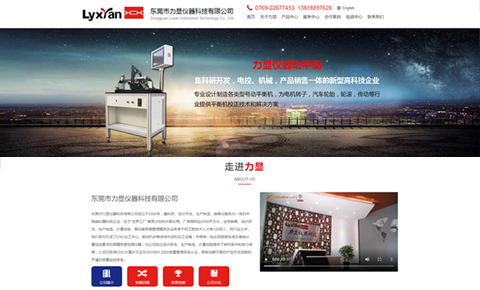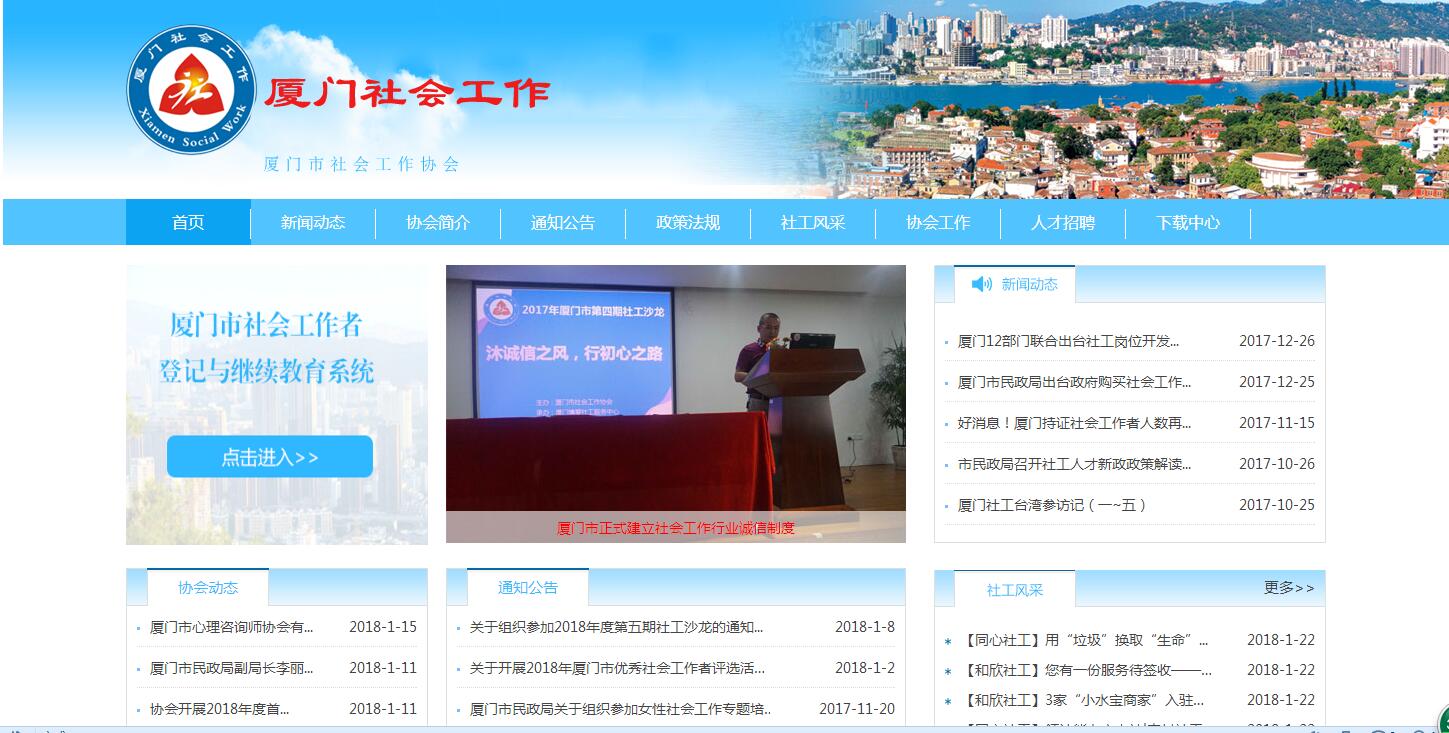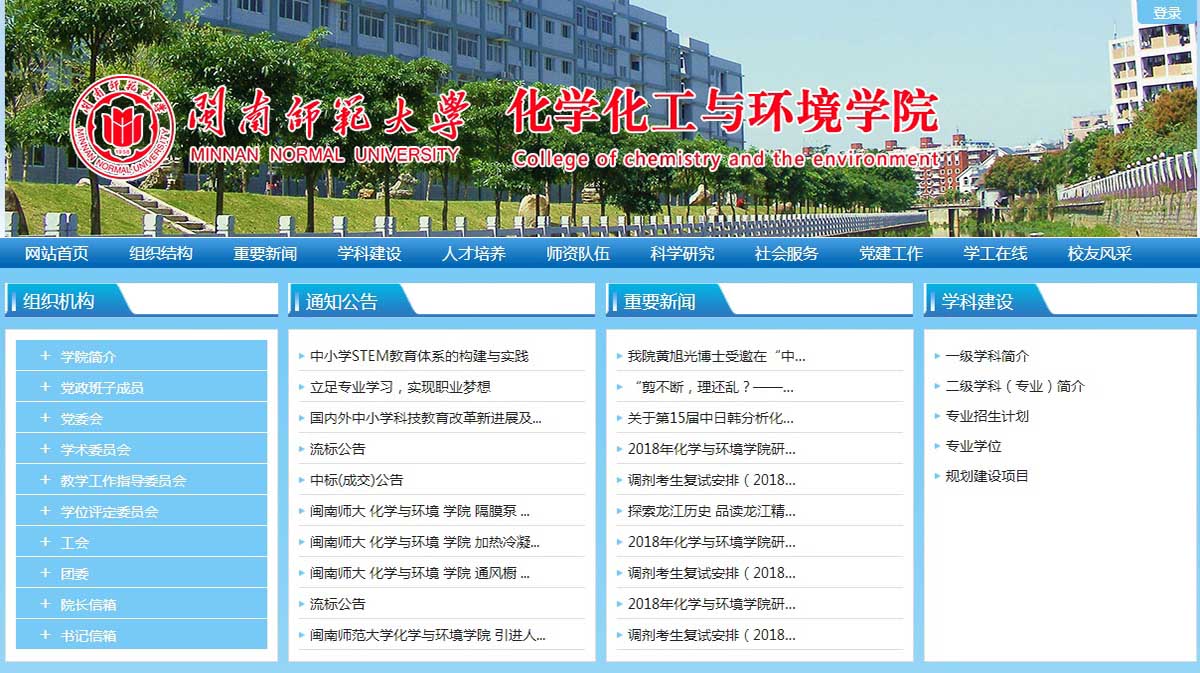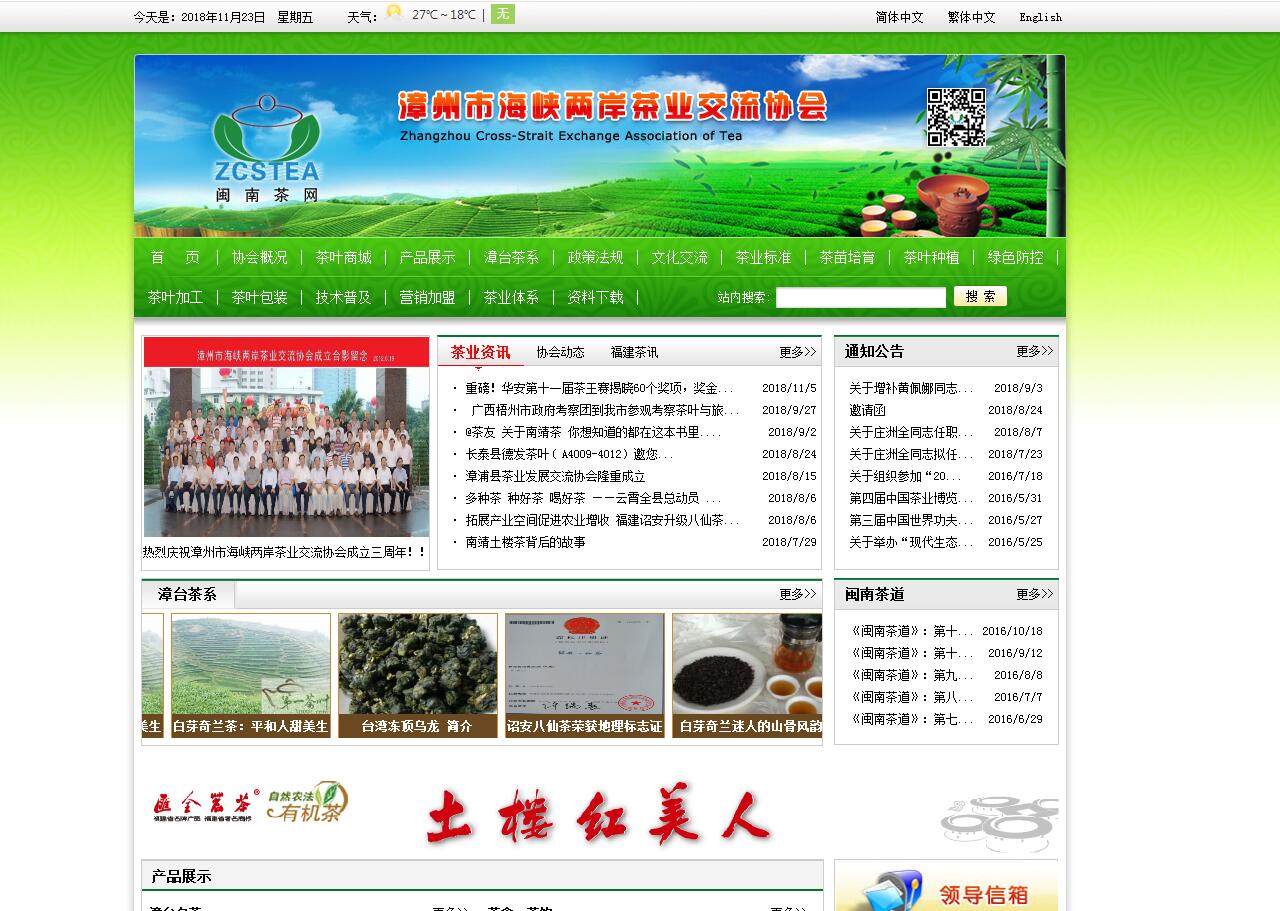首先明确,PHP钩子可通过封装机制实现功能扩展。具体包括:定义动作与过滤钩子类型,使用数组存储注册的回调函数;通过add_action/add_filter注册闭包或类方法,利用do_action/apply_filters触发执行;结合HookManager类统一管理,支持灵活扩展与模块化设计。
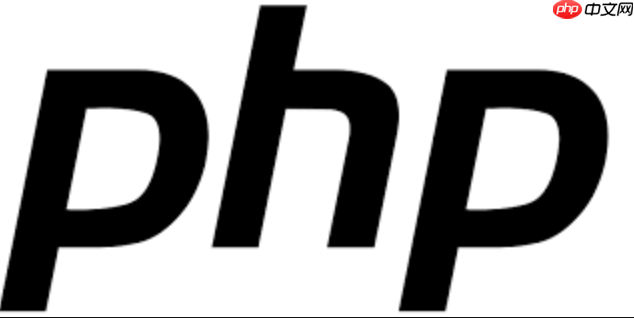
If you are working with PHP and want to extend functionality dynamically, hooks can be a powerful tool. Here are the steps to understand and implement PHP hooks.
The operating environment of this tutorial: MacBook Pro, macOS Sonoma
1. Understanding Hook Mechanism in PHP
Hooks allow developers to insert custom logic at specific execution points without modifying core code. This promotes modularity and extensibility in applications such as plugins or event-driven systems.
Define hook types: action hooks (for triggering events) and filter hooks (for modifying data). Use callback registration so functions can be attached to a hook name. Execute registered callbacks when the hook is fired during runtime.2. Implementing a Basic Action Hook
Action hooks let you run code when a certain event occurs, like user login or page load. You register functions that respond to named events.
立即学习“PHP免费学习笔记(深入)”;
 AppMall应用商店
AppMall应用商店 AI应用商店,提供即时交付、按需付费的人工智能应用服务
 56 查看详情
56 查看详情  Create an array to store registered actions: private $actions = []; Define a method add_action($hook_name, $callback) to register callable functions. Implement do_action($hook_name) to execute all callbacks associated with that hook.
Create an array to store registered actions: private $actions = []; Define a method add_action($hook_name, $callback) to register callable functions. Implement do_action($hook_name) to execute all callbacks associated with that hook.3. Creating a Filter Hook for Data Manipulation
Filter hooks pass data through registered functions, allowing modification before returning the final result. They are ideal for processing strings, arrays, or configurations.
Maintain a list of filters using private $filters = []; Add a method add_filter($hook_name, $callback) to attach transformation functions. Apply filters via apply_filters($hook_name, $value), passing $value through each callback sequentially.4. Registering Anonymous Functions and Class Methods
PHP supports various callable types, enabling flexibility in how hooks are defined—whether using closures, static methods, or object instances.
Register a closure: add_action('init', function() { echo 'Initialized'; }); Attach a class method: add_action('save_post', [$postObject, 'onSave']); Ensure callables are validated using is_callable() before storing.5. Organizing Hooks with a Central Manager Class
To maintain clean architecture, encapsulate hook logic inside a dedicated class that manages both actions and filters with proper scoping.
Create a HookManager class with methods to register and trigger hooks. Use singleton pattern if global access is needed across different modules. Provide public interfaces like addAction(), doAction(), addFilter(), and applyFilter().以上就是php中hook怎么用_PHP Hook(钩子)功能使用与实现方法教程的详细内容,更多请关注php中文网其它相关文章!

